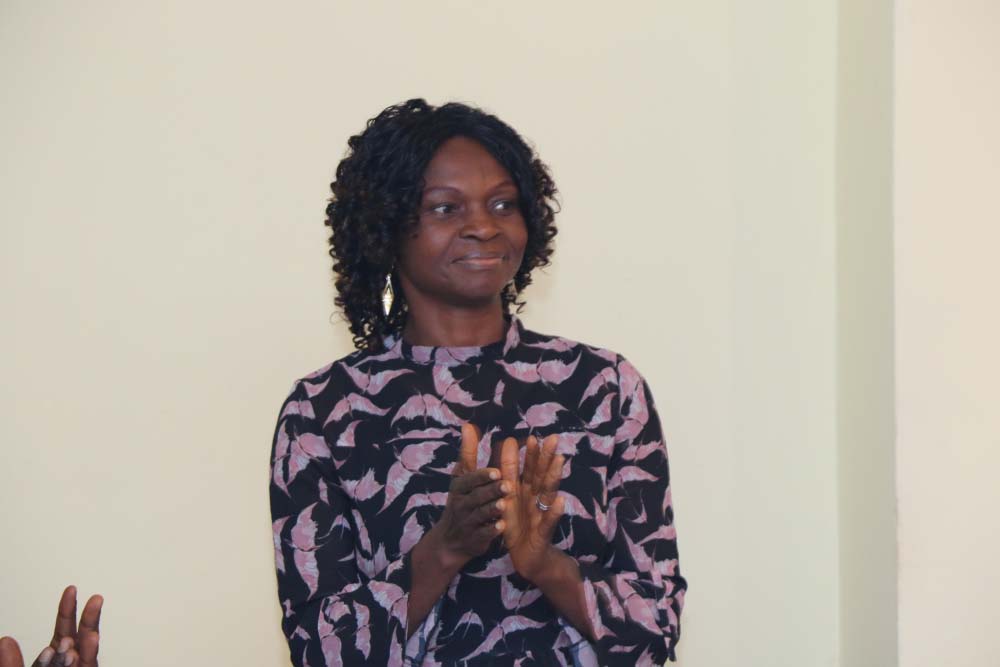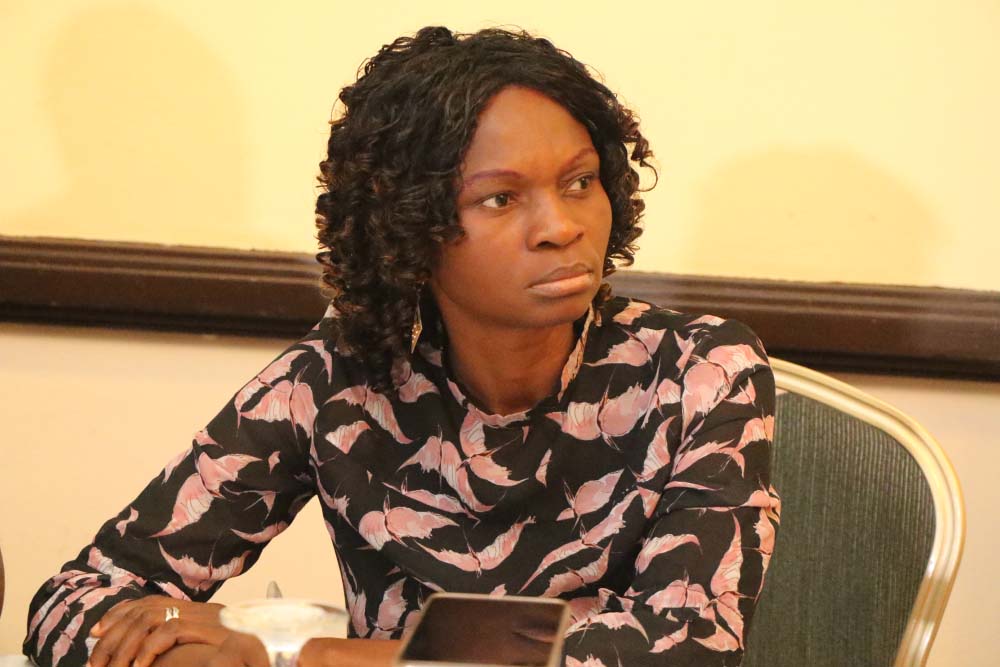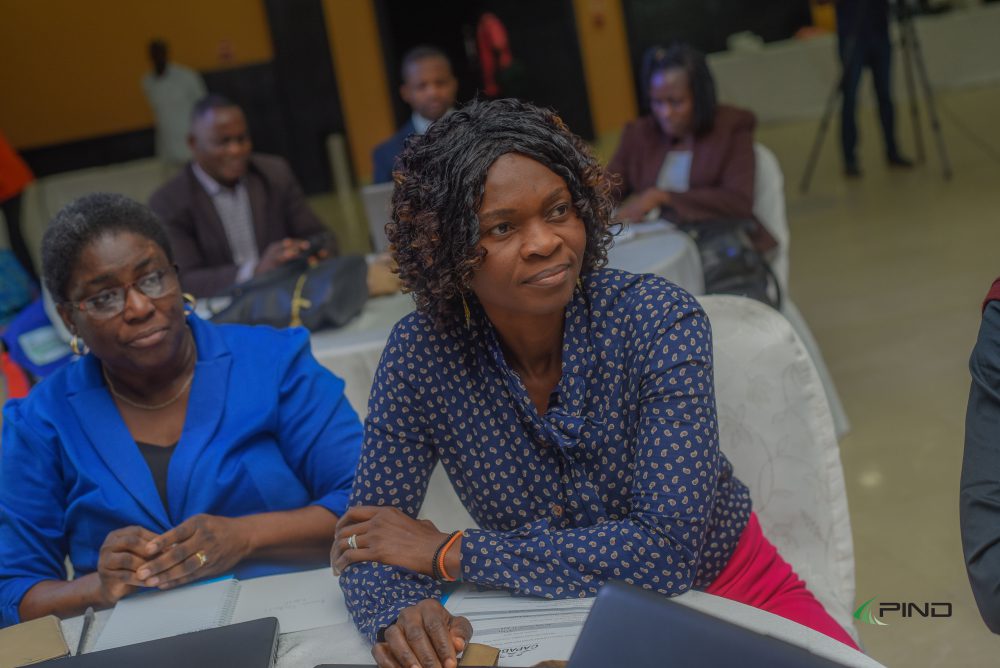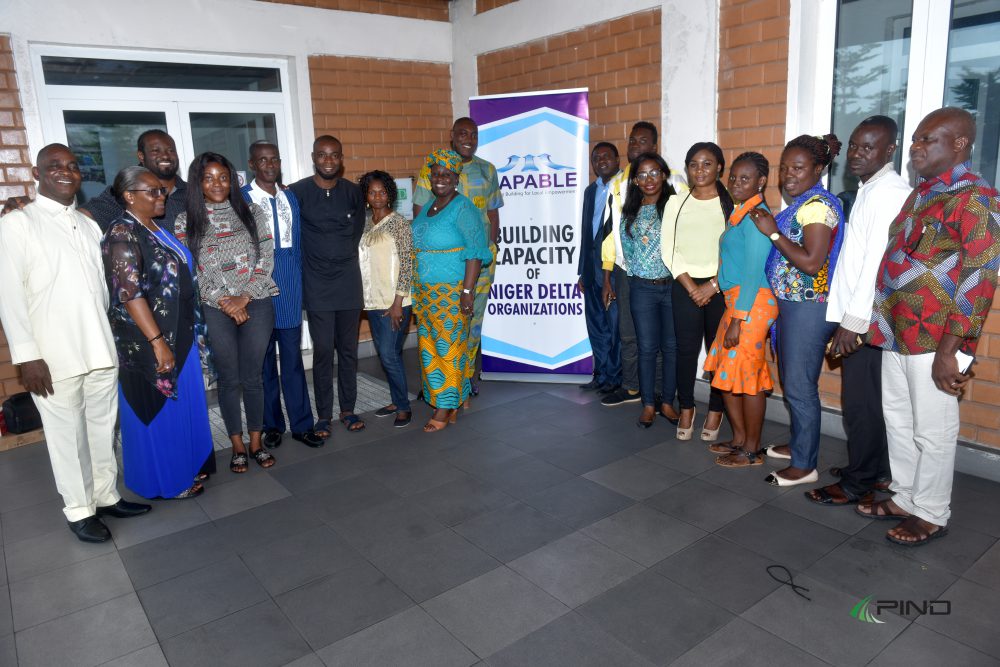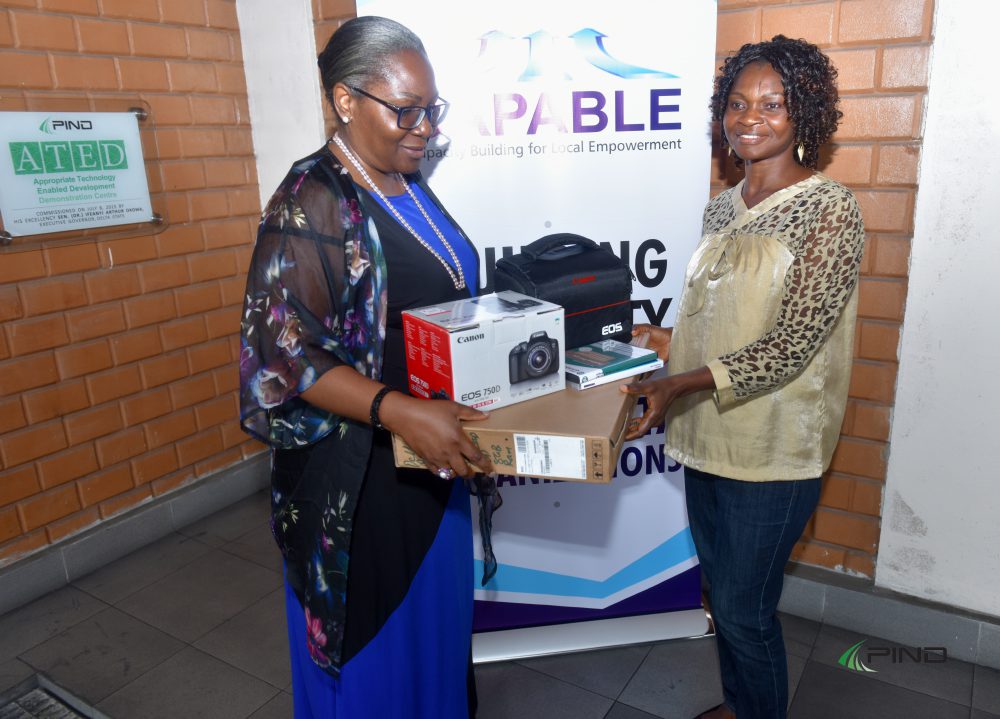Margaret Adedeji was always worried about plights of women in rural areas—for her, women who form the bulk of the underprivileged and the vulnerable deserve more than they are getting from the society.
She believes in “empowering women to empower the whole community.” Hence, Adedeji started her Non-governmental Organization, Better Living Foundation (BLF) in Akure, Ondo State.
With BLF, Adedeji focuses on capacity building for women in climate smart agriculture and skills acquisition for alternative income generation for women.
“Our women are regarded as weaker vessels and denied opportunities to realize their potentials,” she says. “Our vision is to build their capacities through agriculture so that they can also have decent life.”
As an NGO operator, she needed funds, capacity and human resources to be able to deliver on her mandate. “We knew what is involved in getting the job done,” Adedeji says. “We needed funds; we needed to have capacities to organize workshops and trainings for the women and also human resources too.”
Lack of organizational capacity was a major barrier
Despite the willingness of local and international donor agencies to part with funds to local NGOs like BLF that are involved in development activities in Nigeria’s rural communities, having capacity to meaningfully engage the donor agencies was a major barrier.
Despite this, Adedeji says her organization 2014 received a grant of 50,000 dollars from the Global Environmental Facility Small Grant Programs (GEF SPG) which was its first grant.
But it was the fund exposed the capacity deficiency of BLF. “Getting the fund, I discovered that we needed an enhanced capacity,” she says.
The PIND’s Capacity Building for Local Empowerment (CAPABLE) intervention
It was the request for the expression of interest in a capacity building training advertised by the Foundation for Partnership Initiatives in the Niger Delta (PIND) in 2014 that Adedeji saw and applied that marked the turning point for her organization.
“Luckily within that year we got an expression of interest sent in by PlND. I was glad, I said this is exactly the capacity building that we need,” she recalls. “They were to teach us on proposal development, organizational spending and financial control. I said we must apply, we applied and luckily we were selected”.
“I participated fully in all the three trainings comprising the Intermediate Course of CAPABLE – Proposal Writing and Grants Making in Project Cycle; Computer in Development Environment and Budget Development, Financial Management and Reporting, which ran between 2014 and 2015. I also participated fully in all the 2016 three level-trainings.”
“My skills have been greatly enhanced in all areas covered. We can now write proposal in professional way and have improved on our financial management and reporting skills. We were able to access the CAPABLE Challenge Fund as a result of our improved proposal writing skills. “
“The improved skill has also helped me to explore other income means. My organization was able to secure sponsorship to attend the Africa Regional Meeting on New Urban Agenda for Africa in February 2016, an agenda that strengthens the Sustainable Development Goals of the United Nations, which will significantly addresses under-development in the Niger Delta region.
“Our reporting format in the organization on other projects has improved greatly. Before the CAPABLEII training, we were having issues with our financial reports to our partners, but now our reports are being accepted without any complaints.”
“The ICT knowledge gained during the June 2016 CAPABLE II training has enhanced our social media presence and awareness. We were able to create a twitter handle for the organization (@BLFngo), create a blog (BLFngo) and our face book followers have tripled its former audience.”
The most fascinating aspect of the CAPABLE training according to Adedeji was the coaching and mentoring aspect of the capacity building process. She says, that’s the turning point for her and BLF.
“PIND is one organization that I saw for the first time that will not just train you, give you grant and let you go, they continued with us, even till now.”
“After the training, we put some of the organizational policies in place but it wasn’t enough until the mentor and the coach came again; sat us down and for the first time I discovered that it is not enough for us to copy another person’s organizational policies into our own and adapt it into our own.”
Meaningful impacts of CAPABLE
After participating in the PIND’s CAPABLE training, BLF organized step-down training for 30 staff and community stakeholders. “Today because of our organizational capacity we have been able to access a status of co-facilitator in access to new smoking kiln and Chorkor oven fish smoking technologies to women fish smokers in riverine areas,” she said.

